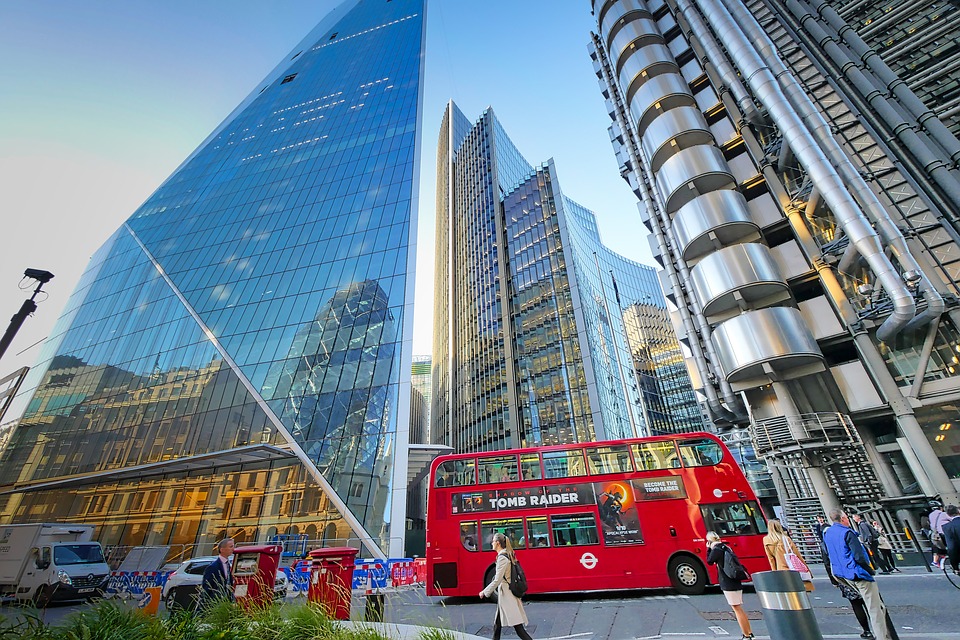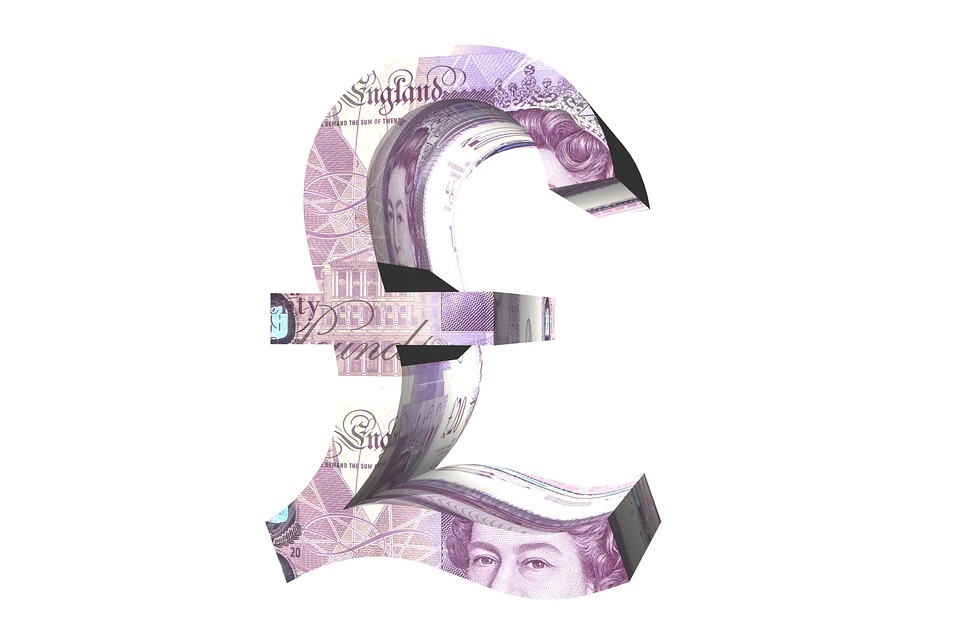Bars and festivals lifted the UK economy as GDP grew by 0.4% in August, but remained 0.8% below the pre-pandemic level of February 2020, according to the Office for National Statistics (ONS).
The latest snapshot showed activity in the accommodation and food service sectors, as well as arts, entertainment and recreation, contributed most to growth in the UK’s dominant service sector, which makes up about 80% of the UK economy.
The service industries grew by 0.3% in August, bouncing back from a 0.1% drop in July, while manufacturing expanded by 0.5% following July’s 0.6% decline.
Overall production output climbed 0.8%, accelerating from July’s 0.3% rise, as crude oil and natural gas extraction bounced back following a temporary closure of oil field sites for planned maintenance. Construction continued to shrink, by 0.2%, and is now 1.5% below its pre-pandemic level.
Chip shortages which had hampered carmakers eased in August, the ONS said, helping manufacturing return to growth, but car output was still more than 14% below a peak in February.
In the three months to August, the economy grew by 2.9%, against forecasts of 3% growth.
The ONS also revised GDP for July 2021 down, from 0.1% growth to a 0.1% fall, due to a downward revision of data for the manufacture of motor vehicles, oil and gas, and improvements to how health output is measured.
To find out more about how we can assist you with your Second Charge Mortgage please click here
David Page, head of macro research at AXA Investment Managers, said the figures for August were disappointing. “The Bank of England (BoE) will take account of this latest data as it considers the outlook for monetary policy in the November Monetary Policy Report meeting.
“On the face of it the marked slowdown in economic activity into Q3 should serve as a warning against too swift a tightening in monetary policy, particularly as GDP looks set to face ongoing headwinds from higher utility prices, cuts in Universal Credit and eventually increases in National Insurance all pressuring household incomes over what threatens to be a difficult winter.”
Page said AXA IM changed their forecast to envisage the first hike (0.15% to 0.25%) by the BoE in February next year. “We then consider a second in August (to 0.50%) and a third in May 2023 (to 0.75%),” he added.
Victoria Scholar, head of investment, interactive investor, said: “All sectors of the economy are still smaller than before the pandemic, with consumer facing services around 5% below their peak. Pressure remains on the UK economic outlook with the cost-of-living crisis, above-target inflation and rising Covid cases.”
The IMF warned on Tuesday that the UK’s recovery from coronavirus would probably lag behind other countries and by 2024 the economy would remain 3% smaller than the level forecast. Other countries, it forecast, would return to the growth predicted before the pandemic.
Derrick Dunne, CEO of YOU Asset Management, commented: “With the ONS recording a 0.4% increase in GDP for August, it would be tempting to think that growth may be back on an upward trajectory, but investors should be taking today’s figures with a pinch of salt.
“Sectors like accommodation, food services and entertainment fared the best as infection rates fell and people rushed to socialise with family and friends, however the current picture is somewhat less rosy. The UK is faced with a supply chain crunch, rising prices and labour shortages, all of which could create a drag on GDP growth as we move towards the usually busy festive period.
“While the outlook for the economy remains broadly positive, investors would do well to review their strategy and ensure it’s equipped to withstand a more drawn out recovery.”
Susannah Streeter, senior investment and markets analyst, Hargreaves Lansdown, said: “Festival fans enjoying new-found freedom in August and strong campsite bookings helped lift economic output, with the arts entertainment and recreation sector growing by 9%.
“But the economy can’t rely on happy campers to sustain growth, given the storm clouds that have gathered over supply chains since the summer.”
Streeter predicts the Bank of England will not have an easy choice to make. “It certainly won’t be an easy ride for Bank of England policymakers when they meet next to decide when to raise interest rates. Moving too sharply could see the economy go into reverse, but the Bank won’t want to risk losing credibility if prices keep accelerating,” she said.
Paul Craig, portfolio manager at Quilter Investors, said: “The creaking UK economy is taking its time to spring back to life. The problems lie now not with demand but with supply. Acute labour shortages in several pockets of the economy along with chronic skills shortages have the potential to frustrate the economic recovery, and could well dampen any expectations for a strong economic revival over the winter months.
“Once more, the UK economy will be going through structural changes as we establish our future relationship with Europe and the outside world after Brexit. This structural dislocation will no doubt weaken growth expectations.”
Sarah Giarrusso, investment strategist at Tilney Smith & Williamson, warned that the UK still faces headwinds, such as labour shortages and supply chain disruption which could lead to higher, stickier inflation. “Despite this, consensus forecasts for 2021 and 2022 annualised real GDP remain firmly in expansionary territory at 7.0% and 5.3% respectively.
“We expect the UK economy to continue its recovery and the environment to remain conducive for equities to outperform bonds,” she added.
By Pedro Gonçalves
Source: Investment Week
Discover our Second Charge Mortgage Broker services.









